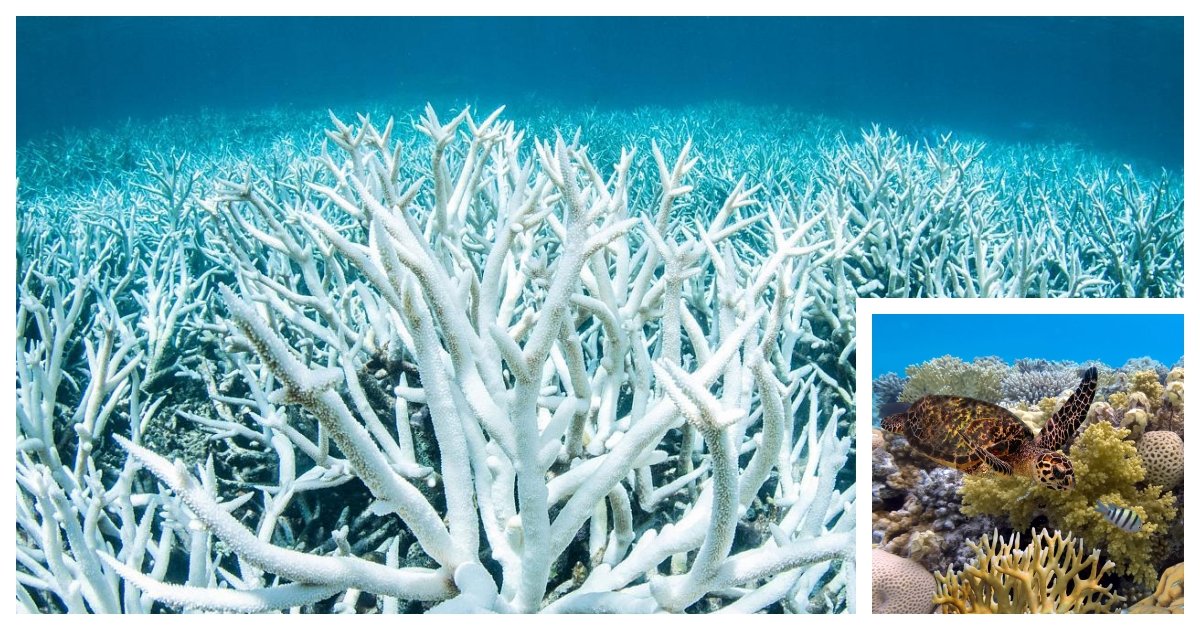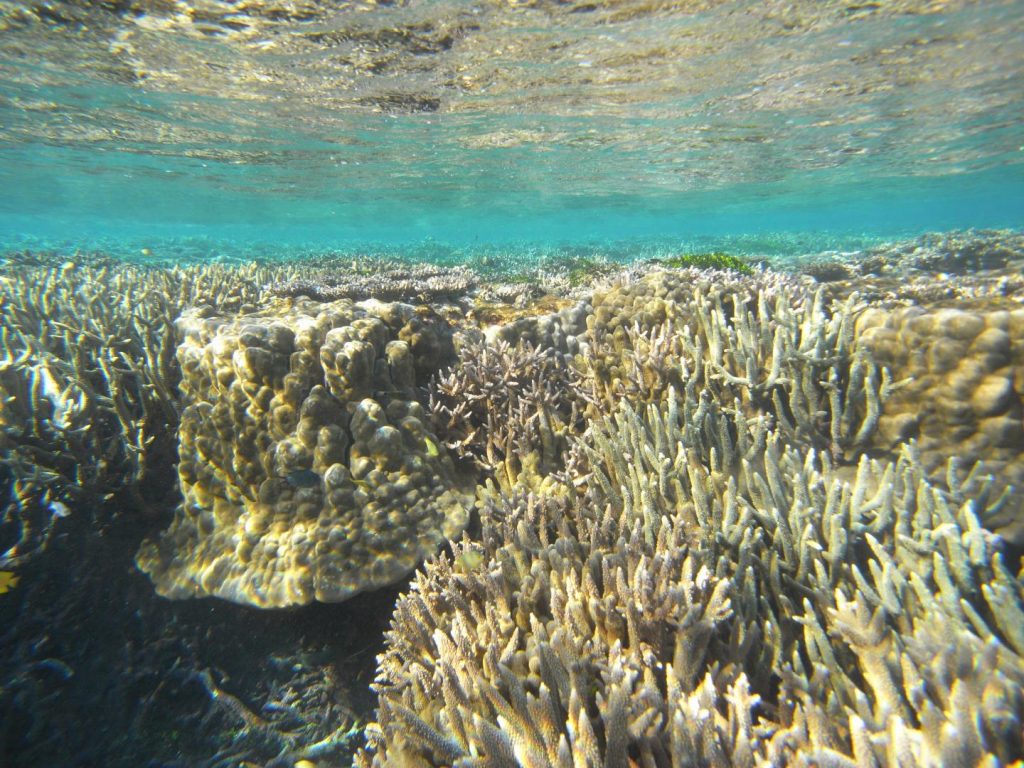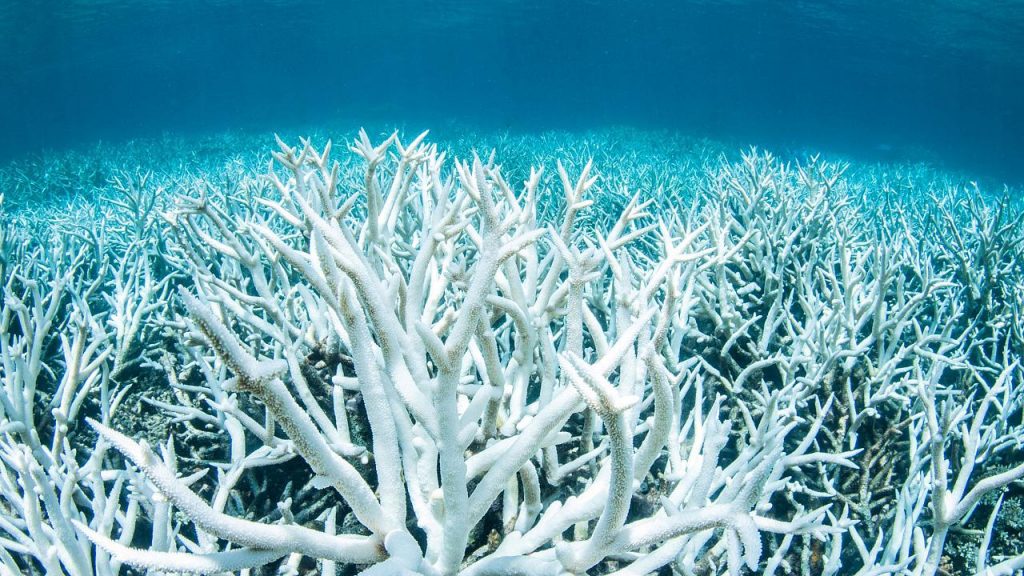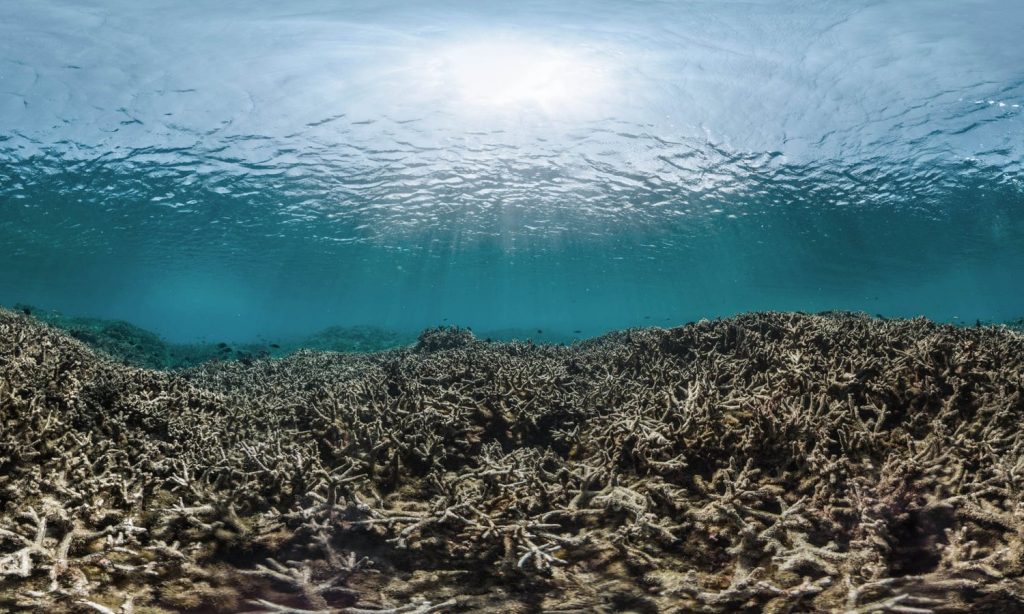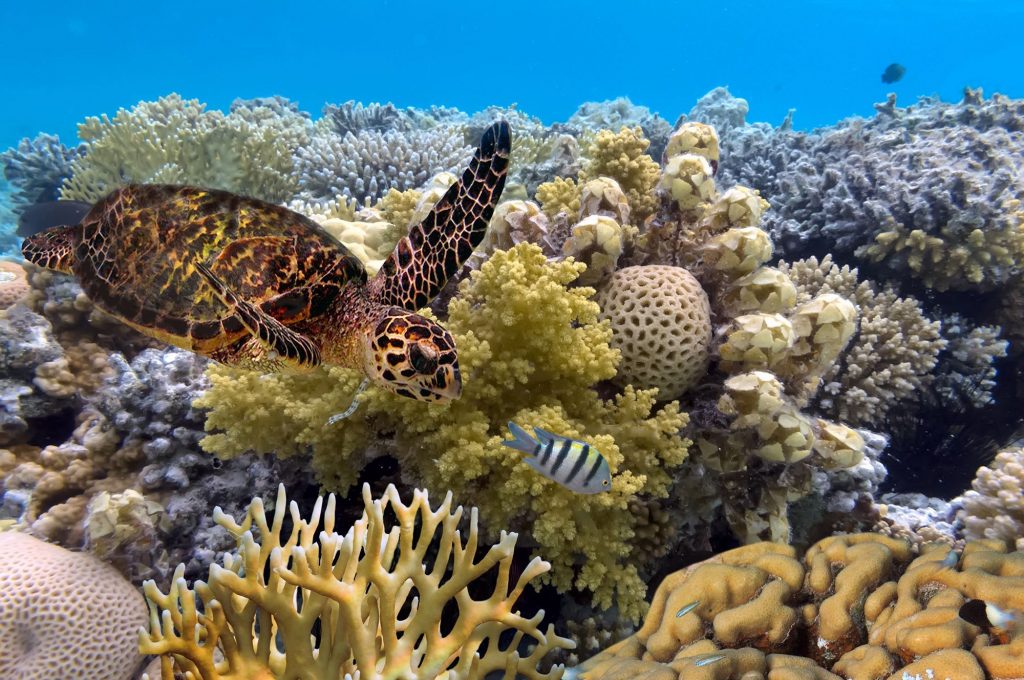The Great Barrier Reef is suffering from the widest bleaching event since records began. More worryingly, the southern parts of the reef are going through severe bleaching for the first time.
In the last 5 years, massive bleaching events have already happened 3 times. Experts believe that global climate change is the root cause of these unprecedented events.
Professor Terry Hughes, marine biologist who specializes in researching the effects climate has on coral bleaching, was one of the experts involved with this research.
Aerial research indicated that the bleaching was taking place from top to bottom over 1,500 miles (2,600 km). Hughes personally flew 11 times over 9 days to investigate the situation of more than 1,000 reefs. He expressed his shock as experts were not expecting bleaching of this rate for at least a few more decades.
The scientific reasoning behind coral bleaching has to do with the coral’s stress response. Contrary to their appearance, corals are animals and not plants. Just like any other animals, they respond to the external environment. Turning white is their stress response when the water temperature rises.
Although bleaching does not immediately kill the coral, it can be interpreted as the coral reef’s final signal. If temperatures remain too hot, the corals meet a gradual demise.
This year’s bleaching seems to be both the most widespread and second most serious on record. The bleaching of 2017 had already killed off many of the coral that were bleached in the previous year.
The areas where bleaching is occurring is what worries scientists the most. The corals located in the southern shores are even more vulnerable and sensitive to temperature changes. That they have been affected this year may lead to many coral reefs dying in the south.
The reason why the death of coral reefs are serious goes far beyond aesthetics. Coral reefs are at the center of the lives of many marine species. From the corals to the big predators that prey on the fish that live in the reef, it is a quintessential component of marine ecosystems.
According to Australian government reports, this February’s sea temperature was the hottest since 1900. Experts worry that if this trend is not reversed, it may be the end of the world’s most vibrant marine ecosystem.
What do you think about this story? Share with us your thoughts in the comments and follow us on Facebook to update yourself with more news like this one.
Replaced!


